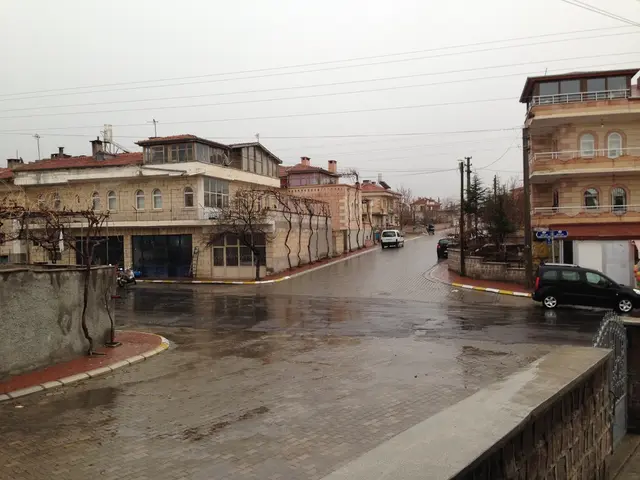EU Pushes for More Efficient Data Centres, Aiming for Near-Perfect PUE
The EU is pushing for more efficient data centres, aiming for a Power Usage Effectiveness (PUE) close to 1.0. This means data centres would use almost no extra energy for cooling and power distribution. Currently, EU data centres consume about 40-45 TWh of energy annually, contributing to around 1.4-1.6% of total EU electricity consumption.
The EU Code of Conduct for Data Centres, launched in 2008, recognises and rewards centres that significantly reduce energy consumption. In 2023, the winners for their performance from 2020 to 2022 were not disclosed. However, some notable achievements include:
- DATA4 Milano in Italy reached a PUE of 1.40 using direct free cooling and cold air containment.
- T-Systems' data centres Biere_1 and Biere_2 in Germany attained a PUE of 1.375 through various energy-saving practices.
- Grenoble Alpes University's IMAG data centre in France achieved a PUE of 1.25 through direct free cooling and ground water usage.
- Atos' data centre Longbridge in the UK reached an impressive PUE of 1.16 through free cooling and other efficiency measures.
The average PUE in EU data centres is 1.6, with some centres reporting values above 2.0. To meet the Net-Zero emissions Scenario by 2050, data centres must halve their greenhouse gas (GHG) emissions by 2030.
The EU's Code of Conduct for Data Centres is driving improvements in energy efficiency. While the 2023 award winners are yet to be announced, past recipients have shown significant progress. However, more efforts are needed to reduce the average PUE and meet the EU's climate goals.
Read also:
- Reporter of Silenced Torment or Individual Recording Suppressed Agony
- Solar panel troubles on rooftops
- EPA Administrator Zeldin travels to Iowa, reveals fresh EPA DEF guidelines, attends State Fair, commemorates One Big Beautiful Bill
- Innovative Company ILiAD Technologies Introduces ILiAD+: Boosting Direct Lithium Extraction Technology's Efficiency Substantially








